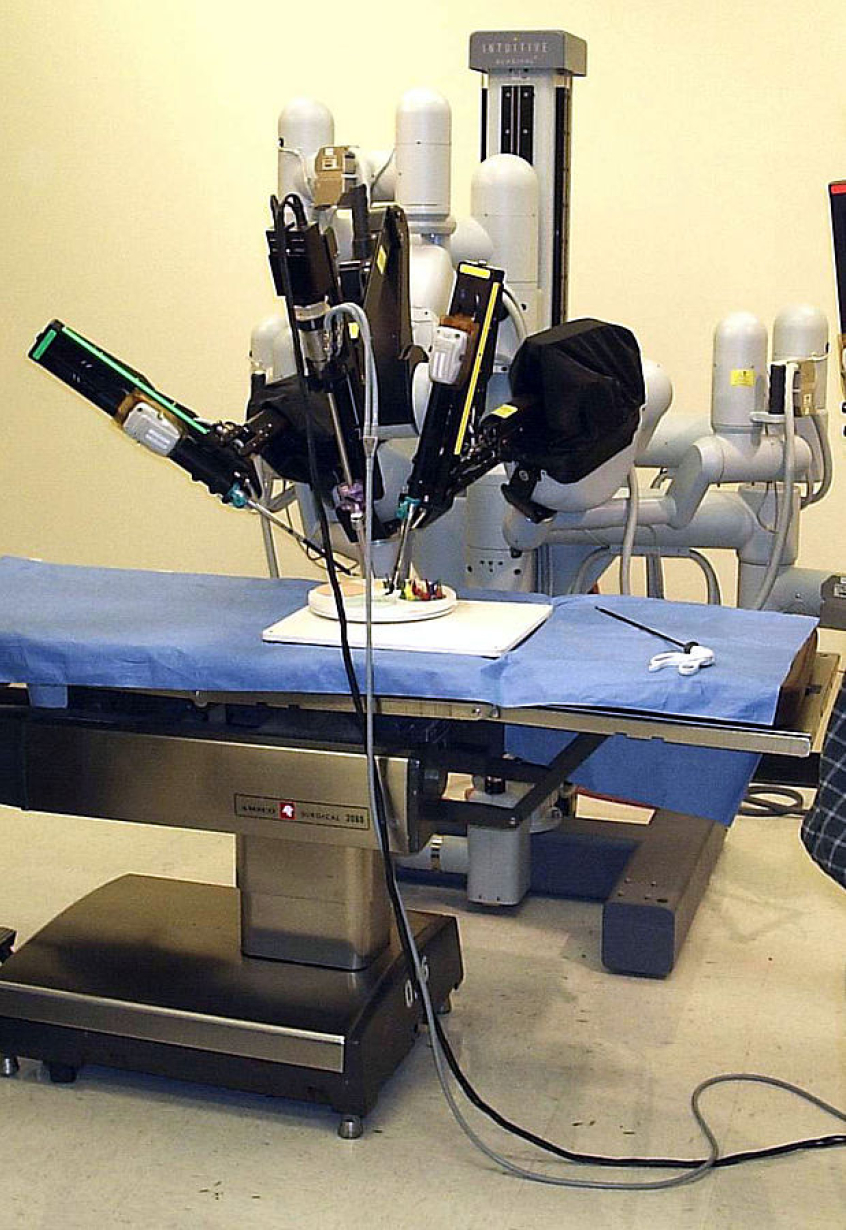
A series of reports submitted to the U.S. Food and Drug Administration since 2000 were analyzed and it was found that robotic surgeries are not safe after all.
In recent years, the use of surgical robots in the medical community has increased, and surgeons have employed the assistance of machines during critical surgical procedures.
A report from MIT Technology Review found that patients had gone through over 1.7 million procedures in the U.S. that involved robots from 2007 to 2013.
Now, a study from researchers at Massachusetts Institute of Technology (MIT), the University of Illinois at Urbana-Champaign, and Rush University Medical Center in Chicago found that these procedures are risky.
In a nutshell, the incident report stated that there were 144 deaths, 1,391 injuries, and 8,061 cases of device malfunctions that occurred during those aforementioned years.
Some of the reported cases sound so concerning. For instance, it was reported that there were instances when equipment sparked while doctors were performing a procedure. Such situations resulted in a total of 193 burned patients between 2000 and 2013.
Another incident report stated that broken pieces of the machine fell onto the bodies of the patients being operated. There were 100 cases of this kind, with one instance of death, as reported in Gizmodo.
Researchers said that death and injury cases for each procedure remained constant since 2007, according to a BBC report. But since the use of robotics in surgery is increasing, it would only mean that the number of events is also increasing each year.
Robot-assisted surgeries are usually costly, but they can offer several benefits. For instance, surgeons can use smaller tools that allow them to make more precise cuts.
This will mean that patients will heal faster, the risk of infection will be reduced, and fewer scars will be formed.
Furthermore, robots in surgery will also mean that not a lot of doctors should be present inside the operating room. This will make more of them available to tend to other cases.
Since there are risks associated with the machines, the study authors suggest that members of the surgical team should receive troubleshoot training so they will learn how to resume operation after an interruption.
The study has not compared rates of events to that of operations that did not employ robots. According to BBC, the study has not undergone peer review just yet.









